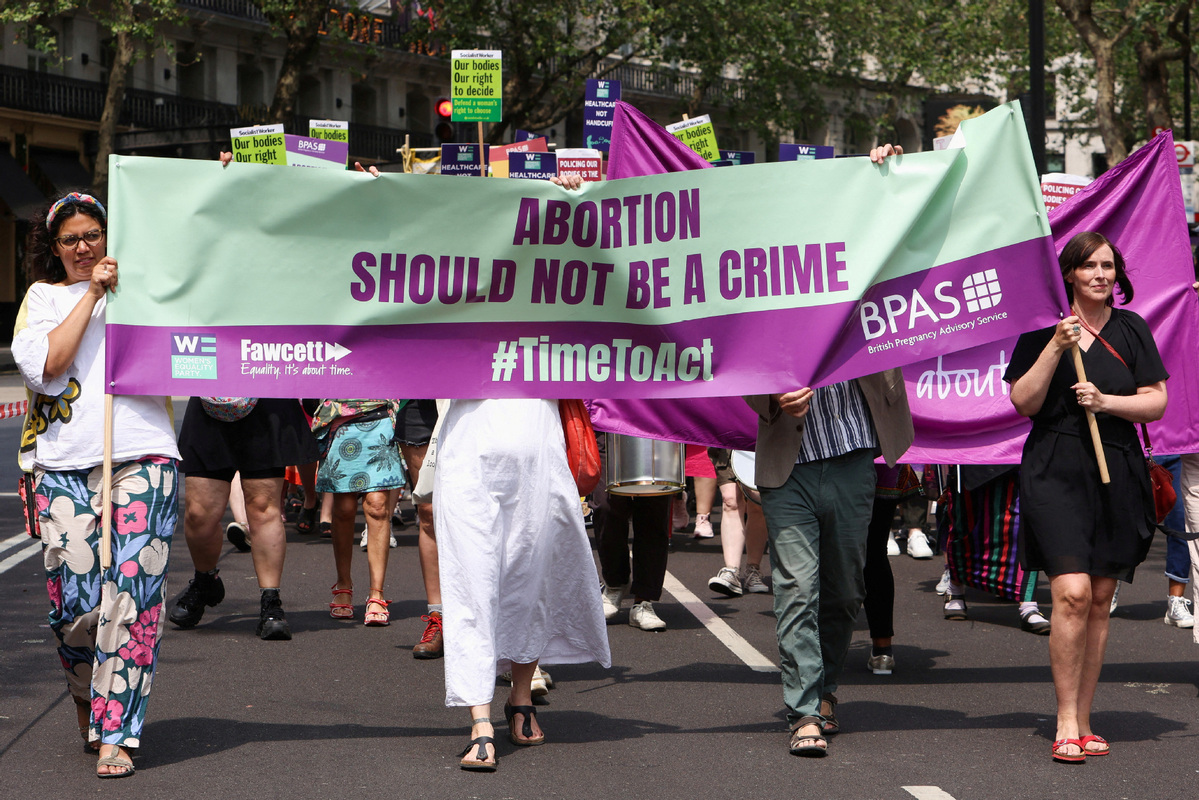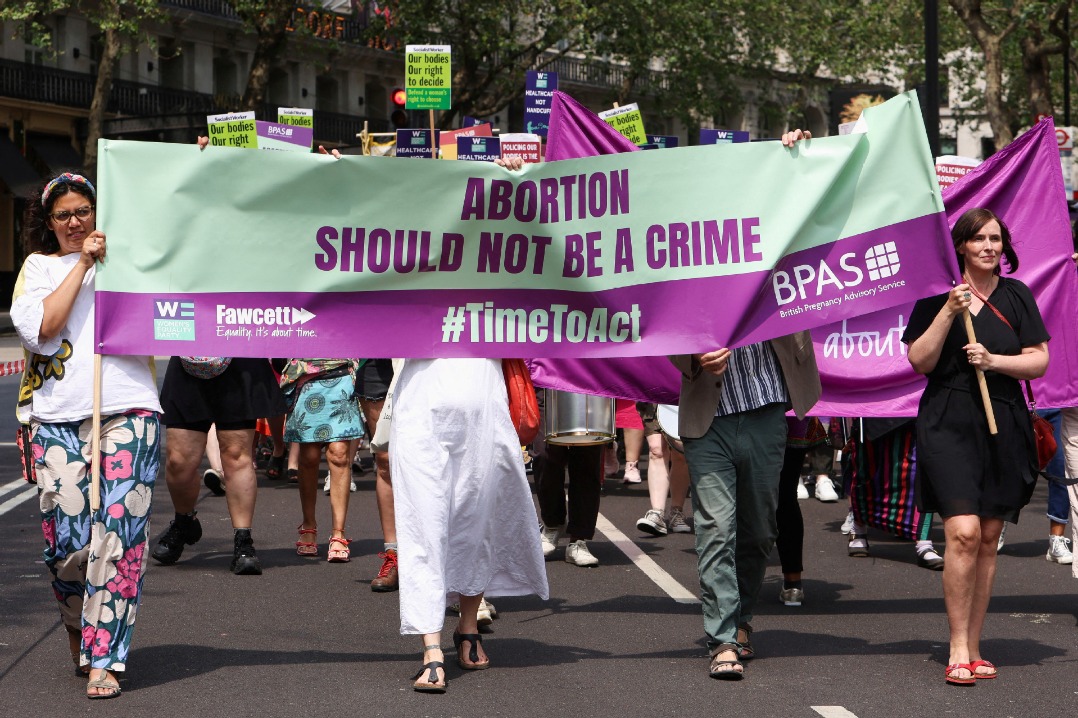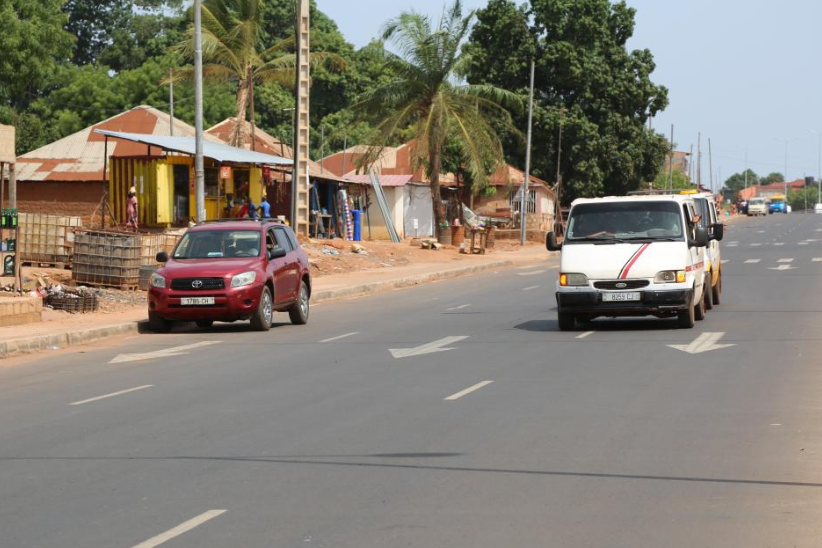Abortion decriminalized in England, Wales


Women in England and Wales will no longer run the risk of being charged with a criminal offense for terminating a pregnancy beyond the 24-week stage, after lawmakers changed legislation that dates back to 1861.
The amendment to the Crime and Policing Bill was hailed as the biggest upgrade to England and Wales' abortion laws since terminations were partially legalized in 1967 — for pregnancies before the 24-week stage and with the approval of two doctors.
Scotland has a devolved parliament and will consider the issue separately.
While women can no longer be prosecuted for terminating a pregnancy beyond the 24-week stage, such late-term procedures remain prohibited and medical professionals assisting with them could technically still be prosecuted.
The change was championed by Labour Party lawmaker Tonia Antoniazzi, who said women making the difficult decision to terminate a pregnancy after the 24-week stage deserve counseling and help, not police interrogations and criminal records.
"These women need care and support, and not criminalization," she said during the debate on Tuesday. "Each one of these cases is a travesty, enabled by our outdated abortion law. Originally passed by an all-male parliament elected by men alone, this … law is increasingly used against vulnerable women and girls."
Antoniazzi said the 1967 relaxation in the law still stipulates that terminations must be completed within the first 24 weeks of a pregnancy to be legal, which left some women in a difficult situation, after realizing too late that they were pregnant and could not have the baby.
She said there have even been instances in which women have been taken from hospitals to police cells.
Her amendment was supported by 379 votes to 137.
It was also supported by all of the United Kingdom's main abortion providers, and 50 other organizations, including the Royal College of Obstetricians and Gynaecologists, which represents 16,000 reproductive professionals.
Ranee Thakar, president of the college, said the change was "a victory for women and for their essential reproductive rights".
"This sends a powerful signal that women's rights and autonomy matter," the BBC quoted her as saying. "The college has been campaigning to see this achieved for many years, and the decision reflects the voices of over 50 medical, legal, and public health organizations."
Heidi Stewart, chief executive of the British Pregnancy Advisory Service, also welcomed the change, saying it was the most significant since the 1967 Abortion Act, which did not strike down the 1861 law but decriminalized abortions carried out before 24 weeks.

































